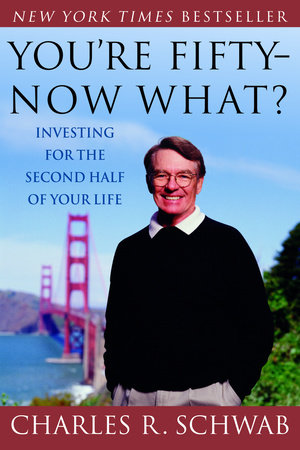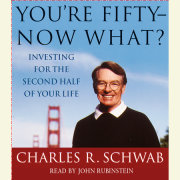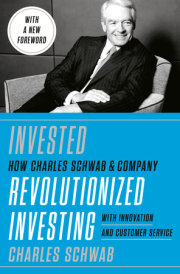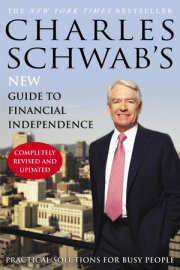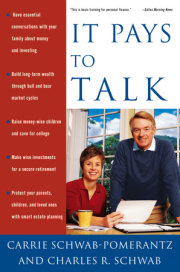I have a question for you, and it's simply this: How much is enough?
It's a tough question, and it's essentially the topic of just about every retirement book, article, or seminar. Everyone's trying to figure out how much they'll need, and all the experts are trying to tell you how to do it. So how much will you need? How much does it take? Will you have enough? How much is enough?
Chances are it's more than you think, thanks in part to some good news. We're living longer, for one thing. Today's 50-year-olds are a lot younger than the 50-year-olds of two generations ago. A lot of us will live to be 100. As a result, what we used to call retirement can last 30 or even 40 years. Not only that: we're healthier and therefore more active, so what we used to call our retirement years are a little more costly. And we have less help from the government -- Social Security isn't what it used to be. So while a lot of people think that if they have $300,000 or $400,000 set aside for retirement, they're set for life, they're probably wrong. True, that's a lot of money; chances are that it's a lot more than your parents had. But in reality, it may not be enough. So how much will it take to sustain the lifestyle you're picturing? There are some dangerous estimates out there. One number that's tossed around is 70%, meaning that in retirement you'll need 70% of your current income to live comfortably. That argument seems logical enough: a lot of costs will, after all, go down. If you're not working, you won't commute, you won't have to buy work clothes, and all those other work-related expenses will diminish.
But do the costs go down enough to justify a 30% reduction in income? I don't think so. A recent national news story mentioned a 58-year old computer programmer who, when he retired, had heard that 70% estimate, but just had a feeling that it wasn't reliable. Instead he decided that he would need 100% of his pre-retirement income. Yes, he realized, there were costs that would go down -- 401(k) contributions, Medicare and Social Security taxes, commuting and other work-related expenses, for example -- but he suspected that those savings would be more than offset by a whole laundry list of other expenses: medical care, travel and entertainment, eating out.
Many people have the same concerns. There are plenty of medical expenses for even healthy retirees, things that aren't covered by Medicare: prescription drugs, dental care, hearing aids, eye care. The house and car will still need maintenance, and it's common for retirees to find they can't or don't want to do as much of the work themselves, which means the added cost of hiring someone else to do work you used to do yourself. And a lot of retiring baby boomers are finding themselves part of the "sandwich generation." Retirement isn't their only financial concern; aging parents and the kids' college tuition? -- hings that used to be almost mutually exclusive -- are concerns as well.
To say that things have changed is putting it mildly, and retirement is at the top of that list. When all is said and done, a lot of people are finding that once they've looked carefully at the costs of retirement, the expenses are significant enough to warrant revising their master plan. They're thinking about working longer, or investing a little more each month. In short, if retirement has changed, then planning for retirement has to change as well. It's time to revise our assumptions and our plans. It's time for something new.
Copyright © 2001 by Charles Schwab. All rights reserved. No part of this excerpt may be reproduced or reprinted without permission in writing from the publisher.

